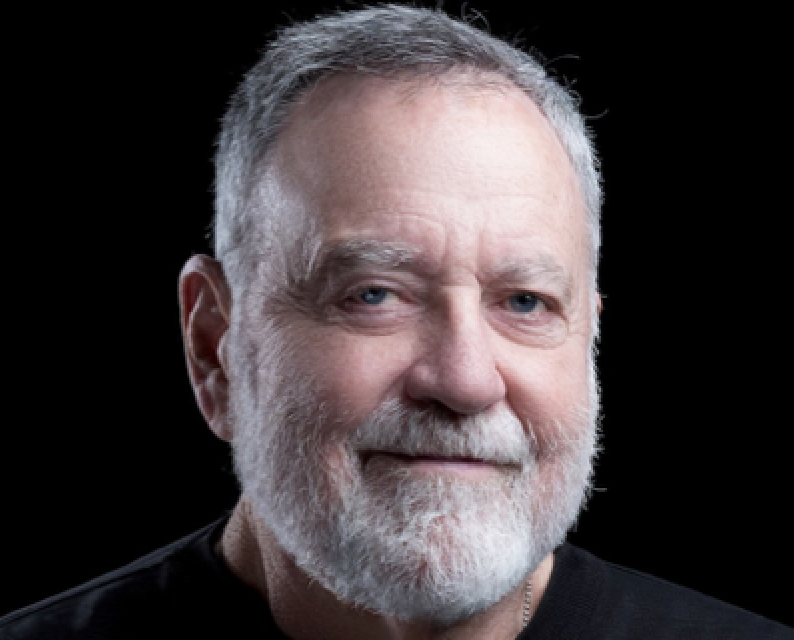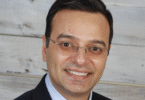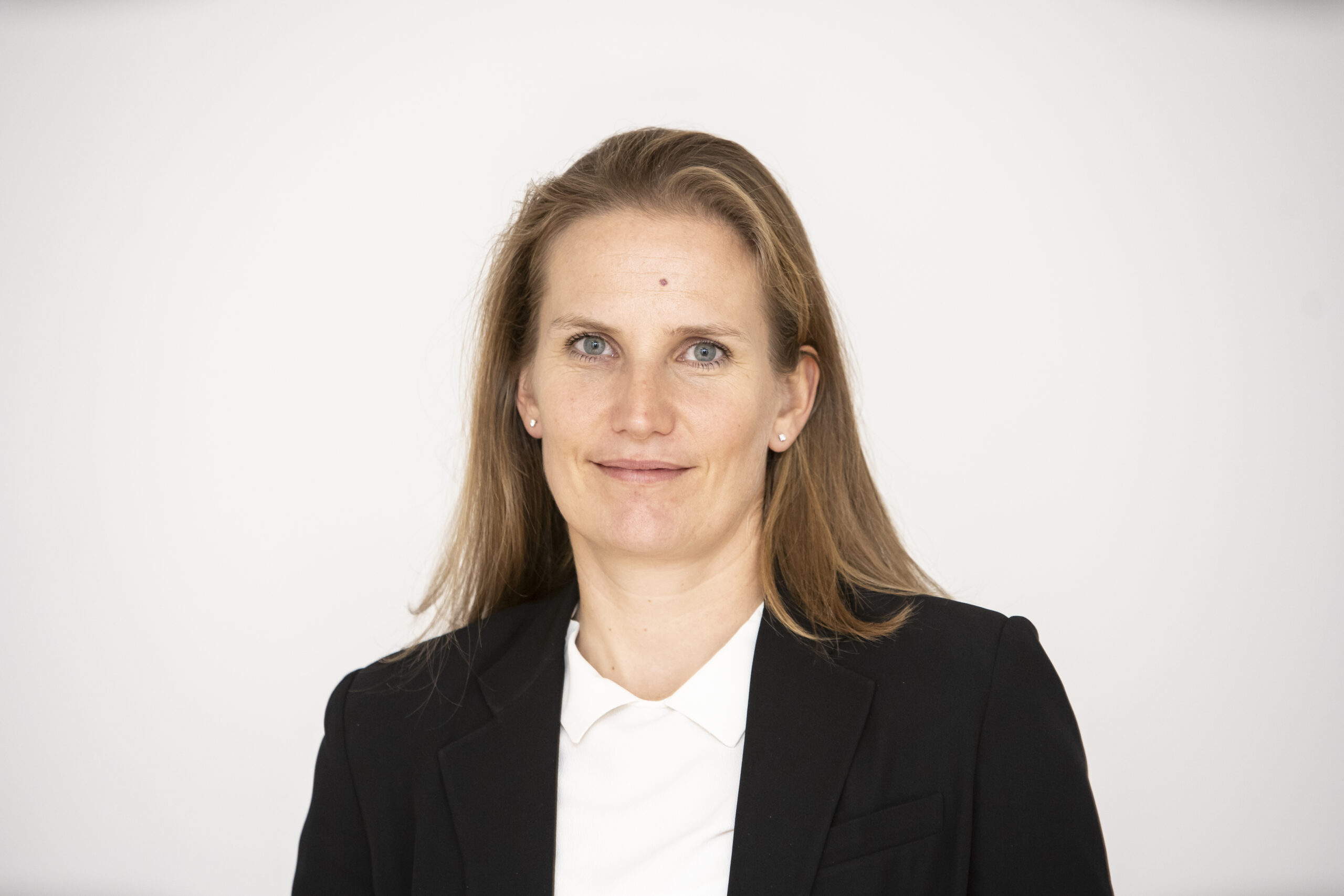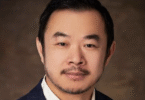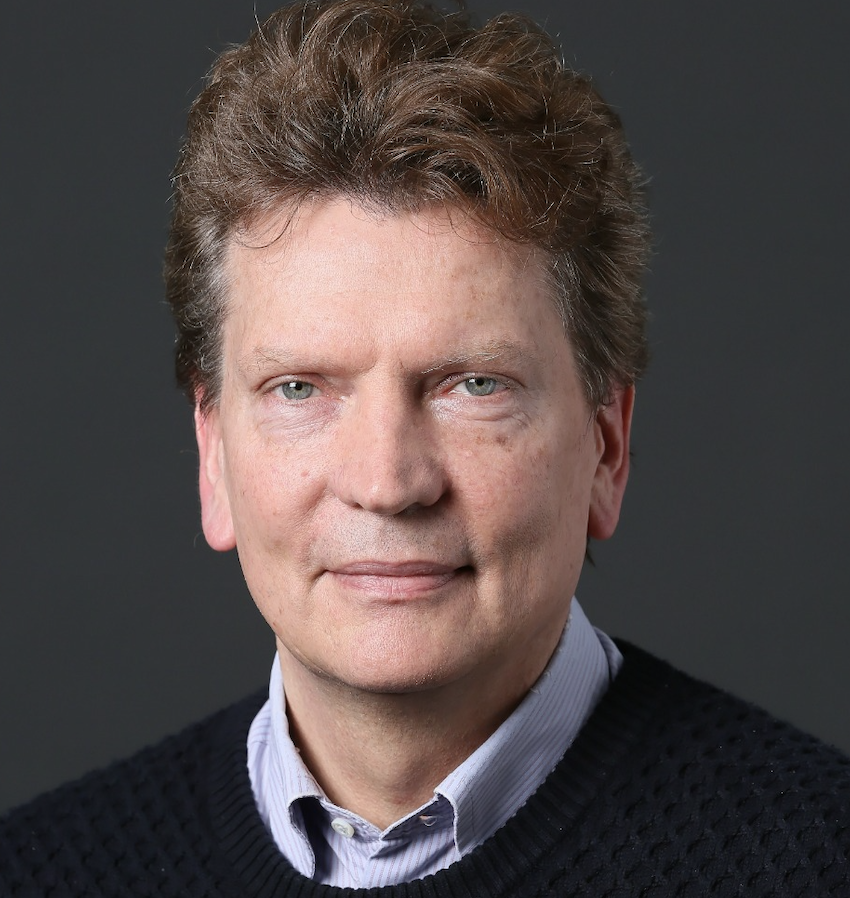Morton Meyerson has had a front row seat to the development of the computer and IT sectors, from vacuum tubes to AI and quantum computing. Along the way he ran EDS, became the Chief Technology Officer of General Motors, mentored Michael Dell during the early years of Dell Computer and became the first investor in billionaire and longtime “Shark Tank” star Mark Cuban’s Broadcast, a video portal which was sold to Yahoo for $5.7 billion in 1999.
Meyerson, who played American football in high school and earned a BA in Economics and Philosophy from the University of Texas at Austin, trained in the emerging field of computer programming as an officer in the U.S. Army. After working for Bell Helicopter, he left to work for H. Ross Perot’s EDS, rising from a systems engineer trainee to president and vice chair of the company, leading over 50,000 employees. During Meyerson’s CEO tenure, EDS grew from a $200 million consulting business into a $4.7 billion large-scale systems consulting enterprise generating over $190 million in earnings.
He played a significant role in EDS’ sale to General Motors and then served as GM’s chief technology officer. After GM, his focus broadened to private investment collaborating with billionaire Richard Rainwater in Fort Worth. From 1992 to 1998, Meyerson served as chair, president, and CEO of Perot Systems. He acted as chair of the Meyerson family office and 2M Companies until 2023 when his daughter Marti Meyerson succeeded him.
During his career he has served on many governing boards, including as chair of the Texas Superconducting Super Collider Project.
As the chairperson of The Morton H. Meyerson Family Foundation, he is continuing his pursuit of philanthropy. Meyerson recently spoke to The Innovator about how he became an accidental technologist and the importance of giving back.
Q: You were a football player in college and earned a degree in philosophy and economics. How did you end up in the tech sector?
MM: I took a class called automatic data processing for officers in 1961 which gave me a broad view of how software and computers were going to affect the military, particularly with logistics. That’s how I got into computing. When I came out of the army the best paying job offered me to me was a position at Bell Helicopter as a data processing engineer, which was really weird, because I had a liberal arts background. I was not a data processing engineer or any kind of engineer. About three or four months into my time at Bell, a senior engineer who was very smart, was given the job of amalgamation of all the parts and sub parts that need to be assembled to make Bell’s helicopters. The manager of the department made me his assistant. So, I’m a young data processing engineer with a degree in philosophy, minding my own business, helping this guy who is really smart, but quirky, and one day he flips out and they took him away in an ambulance to a mental hospital, because the pressure was so great. And the manager turned to me and says: ‘You’re in charge.’ And I said, ‘What?’ He said: ‘We don’t have anybody else, so you need to take over.’ So that’s how I became master and lord of all logistics for all helicopters for all of Bell Helicopter, pre-Vietnam. Just think about that: a liberal arts guy, working as an engineer, only he’s not an engineer, and we’re shipping helicopters to ports unknown in Southeast Asia. Nobody knows what the hell is going on. So, that’s how I cut my teeth.
Q: How did you muster the confidence to do it?
MM: I had one of these very powerful Jewish mothers. I was very shy when I was young, and she was always pushing me. She would say ‘Try it.’ I didn’t want to try anything unless I knew I could do it and I would be successful. I didn’t like risk. But my mother pushed me. I remember exact conversations with her. She would say something like ‘So, what’s the worst that would happen? You wouldn’t be able to do it, but how do you know until you try?’
Q: How did you end up at EDS?
MM: I was promoted to go to Textron, the holding company that owned Bell, as a vice president of data processing. I was preparing to move to Rhode Island for that job when EDS approached and asked to interview me. I said ‘I don’t want to be interviewed. I don’t need it. I got a job and want to be a vice president.’ Then [EDS] asked ‘What happens if you don’t like Rhode Island? You’ve never lived out of Texas.’ So, I interviewed with EDS, and they didn’t like me. The President called me in, and he said ‘We’ve rarely had three zeros against hiring somebody. You’re one of the first so I want to find out why everybody voted against you. Do you have any idea?’ I said ‘Well, maybe it’s because none of them have actually done systems implementations, and I have. I’ve put in big systems at Bell. I know what it takes. I’m not an advisor or a consultant. I write code and I install systems and the people that interviewed me were dilettantes.’ He said it wasn’t very smart to tell him that. I said, ‘Look, I ‘m not looking for a job. I got a job. I just did this as courtesy anyway.’ Long story short, he made me an offer to be a trainee, but with the same package that Textron offered me for the vice president role.
Q: How did you go from there to CTO of General Motors?
MM: General Motors bought EDS. At the end of the purchase, management said to me: ‘We want you to be the senior officer of all data processing for all of General Motors worldwide.’ I replied ‘Hey guys, number one you just bought our company, and the current inside team will not like that. Number two, as far as I can tell, there are no Jews in this company and I’m Jewish so I will be outsider. That’s a lot of chips stacked against me.’ They said ‘Well, our guys can’t do it so give it a whack.’ That’s how I became Chief Technology Officer for General Motors, which, if you think about it, is crazy, especially for a guy who studied philosophy. I wouldn’t have ever imagined it. I did technical work, but that wasn’t my bag. I think the moral of the story that I’m telling here, and I tell this to my grandkids a lot, if you think you can plan what’s going to happen in your business career, you’re crazy. So, get a job, do your job well and see what happens.
Q: You must have been good with technology, or you wouldn’t have risen in the ranks.
MM: Dealing with computers is like riding bulls. It is very hands on. There were a few tricks of the trade that insiders knew and that I knew. Let’s say you have a set of 20 numbers, and you want to interrogate that. You can start by doing 123456 and just go through it serially. The problem with that is that it takes a lot of time. So, there is a mathematical idea which was spawned in the late 50s or early 60s, I ran into it, I think, in 1961, called binary search, which uses a binary algorithm, which allows you to look at numbers in substantially less time than looking at 20 numbers serially. It’s so powerful. I wrote a module in 1961 or 1962 when I was at Bell Helicopter, that allows you to just plug in the numbers and it would automatically do it. It’s still running, and it’s called Mort’s Sort. So, what I’m saying is a lot of these ideas about computing were born in the early 60s. The advantage of AI is that you can query huge amounts of data quickly, as opposed to doing it the old-fashioned way, which is binary searches.
Q: So where do you see things heading in computing?
MM: Well, let’s say that anybody that would tell you that they know the answer to that is bullshitting you. Figuring out how to power data centers is a speed bump. It’s just something you need to deal with. There’s a lot of discussion about that, but that’s not really the question. The question is how will AI change business? I don’t think anyone has a clue yet.
Q: How did you end up getting involved with two well-known billionaires: Michael Dell and Mark Cuban?
MM: Michael Dell called me. I didn’t know him. I had retired, and he read that I’d left Perot, and he called me and said ‘I got a company. It’s a great business. I’m 19 years old. I don’t know anything about building a business. I know a lot about technology. Would you coach me?’I said no. He asked why. I said it is because I’m not a consultant and I don’t do stuff like that. He didn’t give up. He called me three or four times. He finally asked: ‘Can I come to Dallas and meet you at your home?’ I said sure. He came and he said ‘You’ve built companies. You know technology. You don’t know much about PCs, but you could learn, and I need the help.’ I replied ‘Michael, I do know something about business, so I tell you what: you give me $1 million worth of your personal stock, not company stock, not stock options. your personal Michael Dell stock, and I’ll do it.’ He said OK, so that’s how it started. I did it for about three years and then he wanted me to go on the board. I should have because had I gone on the board, I would have been paid $100 million in stock options, but I don’t like boards, so I got a friend of mine to do it.
As for Mark Cuban, a mutual friend called me and asked me to meet with Mark and Todd, his lawyer and partner. I was his first investor, and I helped him start his company. He’s a really, really smart guy.
Q: What are you focusing on now?
MM: The reality is that since 1998 I’ve spent more time working on tzedakah [charitable giving] and running a foundation than I have in business. I make investments infrequently if I think there is a huge upside, but I don’t do that very often. What I do now is give money away. What I’ve discovered is that it’s easy to give money away. It is hard to give money away that has an impact, that actually changes something, and so I’m always exploring.
Q: Can you give an example of the kinds of projects your Foundation is funding?
MM: Our partner is the Rainwater Foundation. [The late] Richard Rainwater, [ a Texas billionaire who earned a fortune om real estate, entertainment and oil and owned a piece of the Texas Rangers baseball team ] was a very good friend of mine. I played football with his brother. We help kids who have skills but don’t come from families that know anything about college. We have programs to help them, and the smart ones get full rides. But even if you have a full ride, you don’t have money for clothes, you don’t have money for suitcases, you don’t have money for coffee, and you are isolated from other people. So, we try to address that. We have programs that will give $500 a month to kids like that, so that they can have a more normal life. So far, we have two medical school graduates. We have people who have earned master’s degrees in research. We have many undergraduates from families where nobody’s ever gone to college. We support 15 students a year. We’re trying to figure out if we can manage a larger number. It takes a lot of money, but it’s not the money, it’s more the quality of the help we can give the kids.
Q: If I ask you to share something that you have learned in business or in life, what would it be?
MM: If you spend all your time giving money away, and that’s all what you do, you get detached from reality. If you spend all your time making money, you’re detached from reality. If you spend all your time as a family person, you can put your energy into that and not have a life. You can have a life and not have any kids or family, but then your life may not have meaning. What I’m trying to do before I die is to illustrate to my grandchildren and great grandchildren that it is possible to be successful and make money, have a family, and do good.”
To access more of The Innovator’s Interview Of The Week articles click here.
This article is content that would normally only be available to subscribers. Sign up for a four-week free trial to see what you have been missing.

